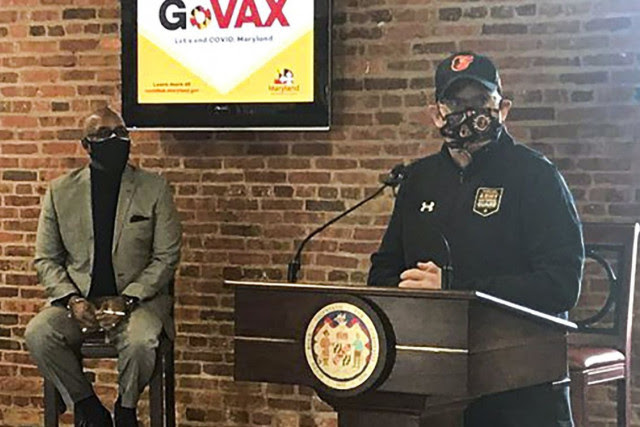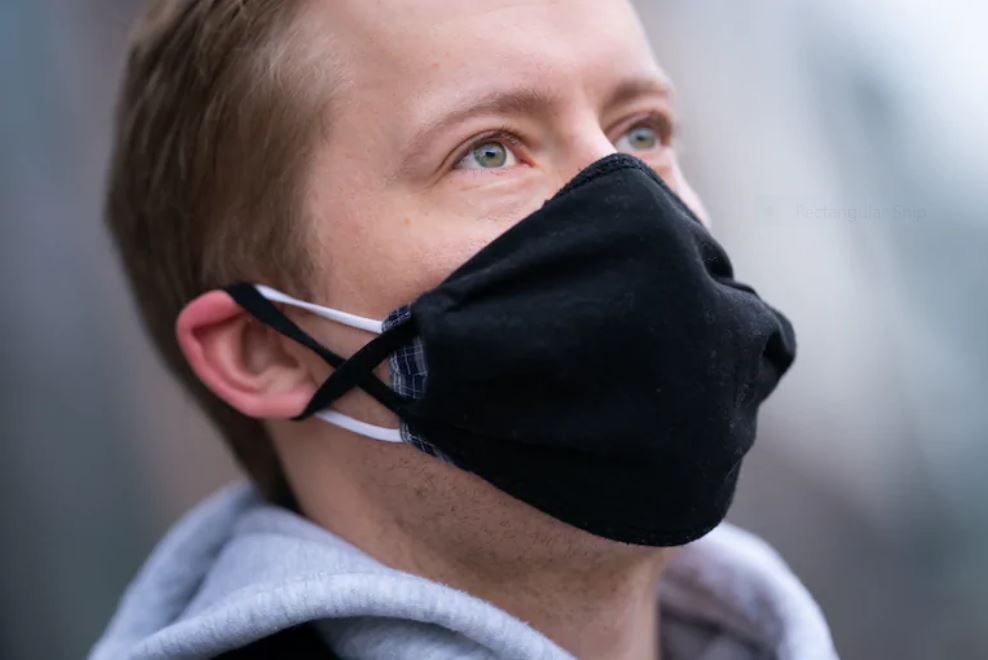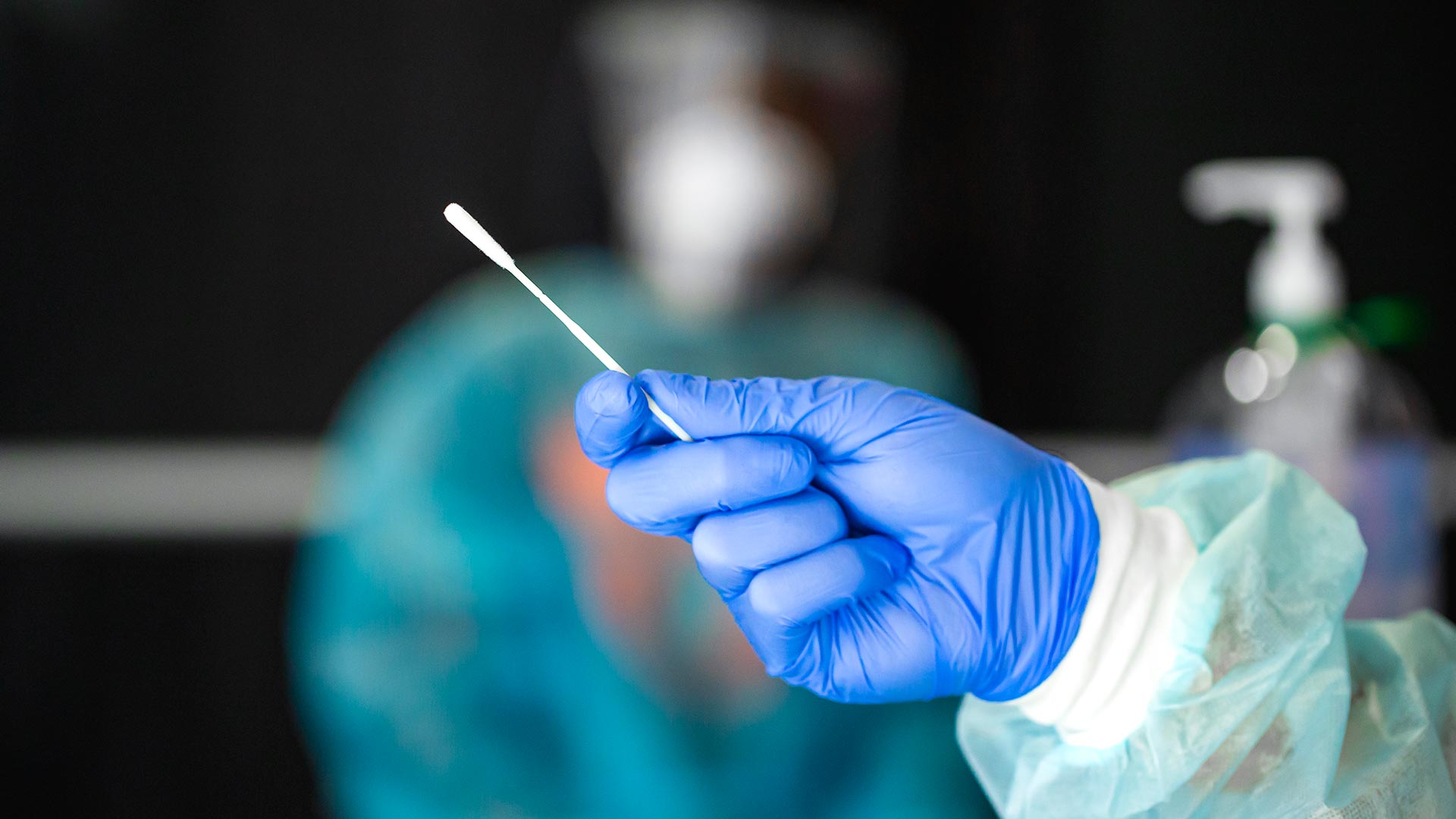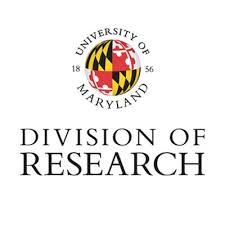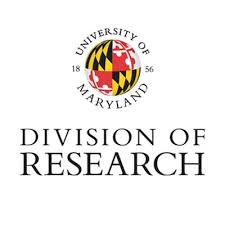Click here to read the full article.
By PAMELA WOOD and EMILY OPILO
[Excerpt:]
But a communications expert questioned whether the campaign might actually create more frustration as people seek a product that remains in short supply.
“If you’re dealing with an issue of trust, this kind of campaign might actually work against that, especially if you’re dealing with not having enough vaccine for people,” said Paola Pascual-Ferrà, associate professor of communications at Loyola University Maryland.
Linda Aldoory, a professor of health communications at the University of Maryland, said she was encouraged by the initial crafting of the campaign, especially as it leaned on trusted figures in the community — pastors, community leaders, local celebrities — something that’s “been shown time and time again to be a really effective way to reach the people you want to reach.”
She added that the state should consider on-the-street marketing — delivering flyers or pamphlets through churches or supermarkets, for example — to reach an older population. A frequent request from older residents during community health campaigns, Aldoory said, is for “something I can put in my purse” or take home to pass along to a friend or neighbor.
David Nevins, a public relations executive and president of Nevins & Associates in Baltimore, said some might see a marketing campaign as counterintuitive given how many people are desperately hunting for the few available doses.
“There’s a huge number of people for whom marketing is obviously not needed,” Nevins said. “But we’re also aware of the fact that there are a number of good people who are nervous and scared and have a bit of trepidation about the efficacy of the vaccine and the ultimate safety of the vaccine.”
Martha McKenna, a Democratic media consultant, applauded the launch as “a good first step.” But she said the state appears still to be struggling with getting out information about how to sign up for appointments and actually get a dose. The process currently involves not only signing up for local health department wait lists but scouring numerous other providers — pharmacies, clinics, hospitals — for possible appointments.”
“We should be making sure people have a 1-800 number they can call if they don’t have the internet,” McKenna said. “Where can you get the vaccine? When can you get the vaccine? How easy is it going to be to get the vaccine? That’s going to be the next step.”
The first two vaccines, produced by Pfizer/BioNTech and Moderna, became available in Maryland in mid-December, initially for hospital workers and residents and staff of nursing homes, which have been hard hit with infections and deaths.
State health officials have been concerned that there initially has been a low vaccination rate, with more people declining the shot than expected. In the first weeks, only 30% of eligible health care workers took their first of two doses of the vaccine, a number that’s now closer to 80%, Hogan said. Earlier this week, Johns Hopkins estimated participation among its employees at about 50%.
“We were a little bit surprised, as were the hospitals, at the reluctance of some of the health care workers,” Hogan said.
The initial rollout also has been slow, with less than half the doses received in Maryland so far actually being administered, according to data from the U.S. Centers for Disease Control and Prevention. The state Department of Health’s estimate of doses used is higher, at 56%.
In the weeks since, eligibility has expanded significantly, now including all residents age 65 and older, first responders, some government officials, long-term care residents and staff, educators and certain essential workers. Many, including seniors, have reported difficulty in securing vaccination appointments through hospitals, pharmacies and local health departments.
Some local health departments aren’t providing shots to all those eligible, instead focusing on those 75 and older.

